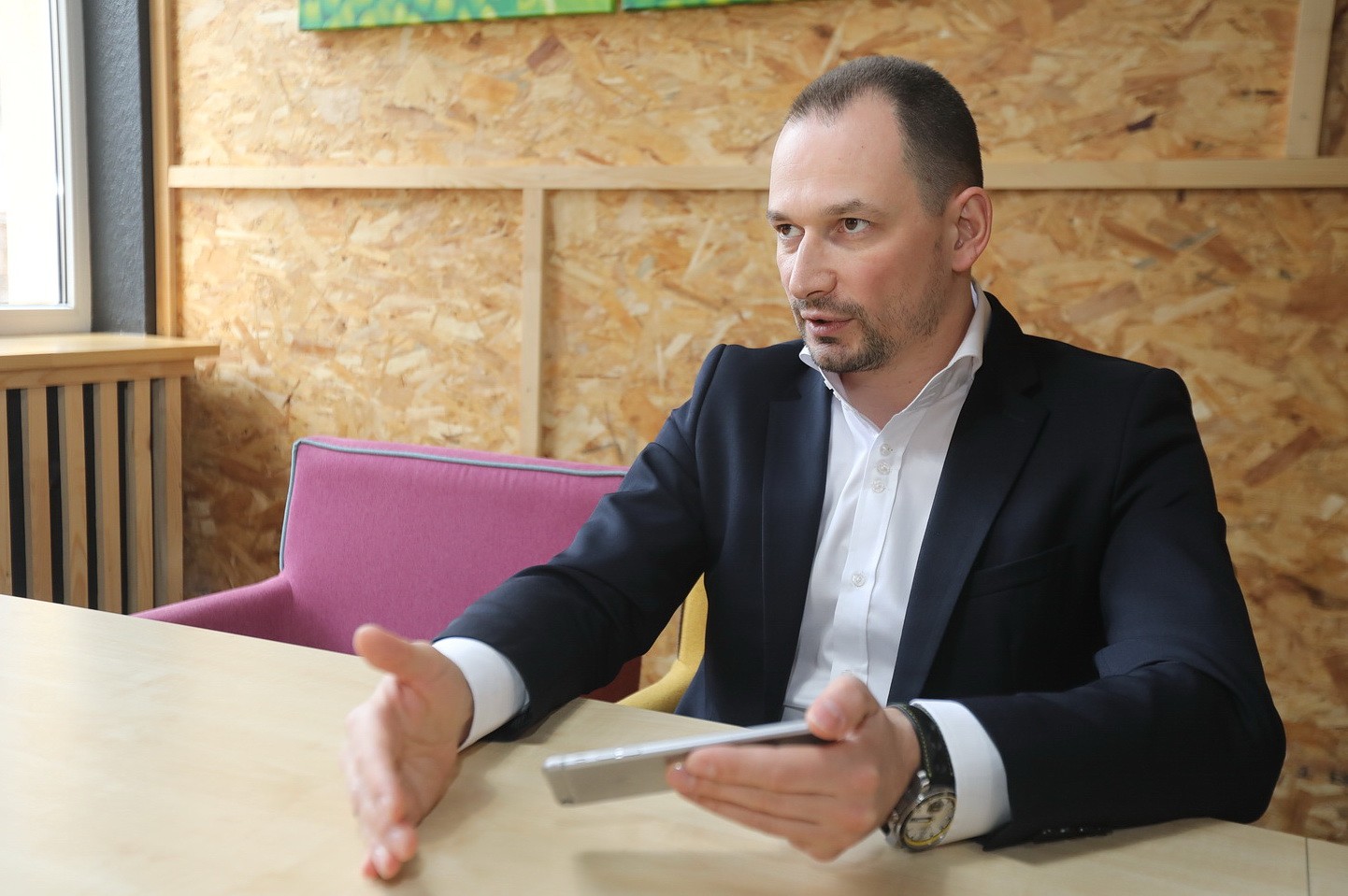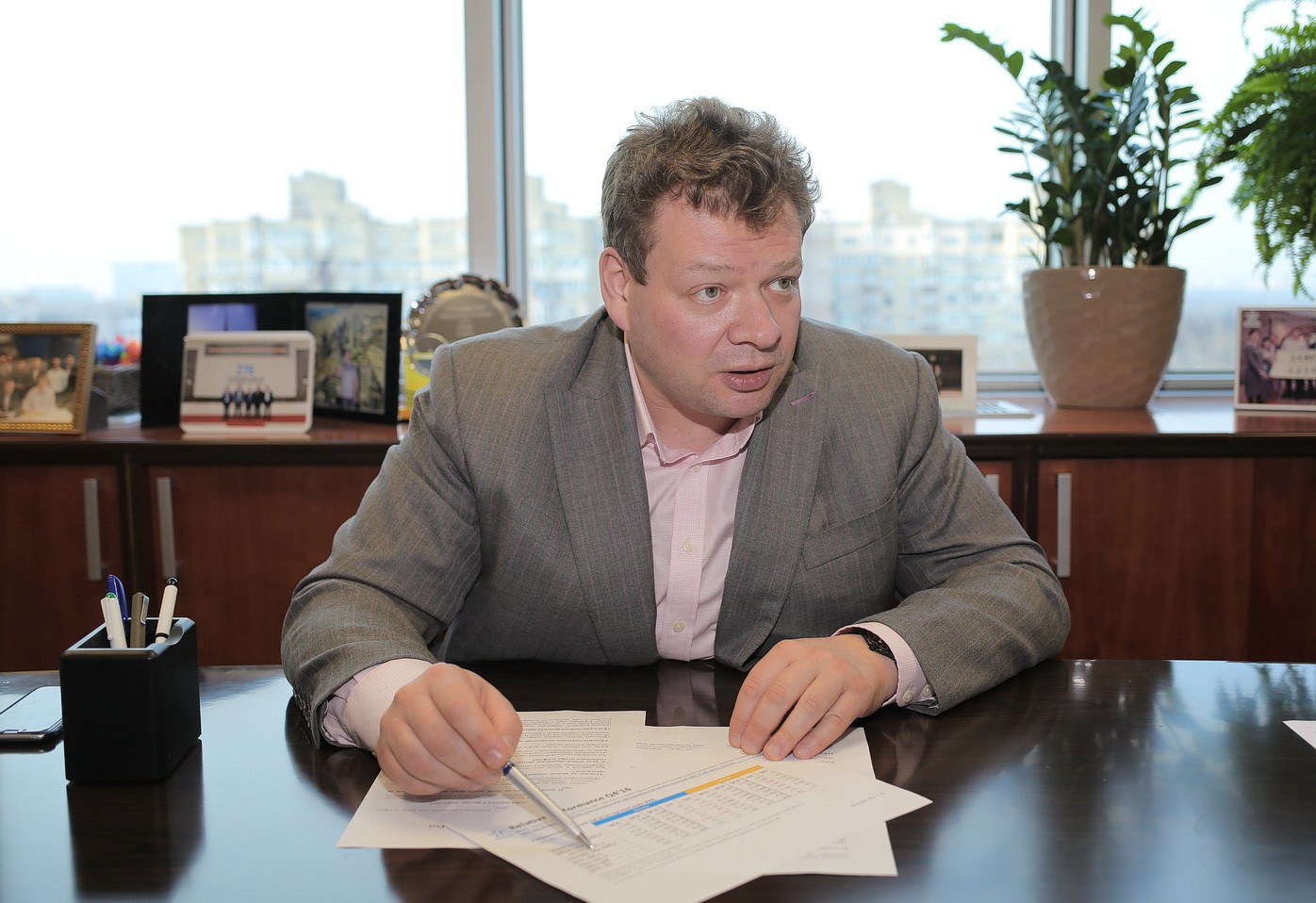Ukrainian mobile phone users tired of their tariff plans or fed up with poor service face a tough choice: either they stay with their current provider and suffer on, or change networks and be forced to change their number as well.
Such a dilemma doesn’t exist in the more than 70 countries where a service called mobile number portability is available. Portability allows customers to move freely among networks, taking their number with them wherever they go.
In Ukraine mobile number portability has long been on the way, but never quite arrived. After six years of talks and tenders, the service has still not been launched.
Mobile number portability was to have been introduced in 2011, six months after parliament passed the relevant bill in July 2010. Supporters of the move were ready to hail a new era of freedom for the 60 million SIM cards active in Ukraine, but that freedom never came.
Far from liberating a market led by the two players who entered it first – Kyivstar and MTS (now Vodafone) – the process has become stuck in six years of acrimonious disputes over how and by whom portability will be implemented. The bickering has resulted in three tender re-runs and more than four dozen court hearings.
Today, the main players in Ukraine’s cellular market promise the service is on track to be launched this year. But the absence of a commonly accepted road map and miscommunication among network operators – of which there are six in total – means the rollout of mobile number portability is threatened once again.
Latest results
The rights to implement portability in Ukraine are currently held by the Kyiv-based SI Center, a daughter company of Softinvest Holding. The company won the contract in April 2016 with a bid of Hr 39.5 million ($1.47 million), in what was the third tender held by the State Radio Frequency Center, which oversees the introduction of number portability.
But SI Center was unable to get to work straight away, owing to legal challenges made by rival firm Dialink.
Dialink had won an earlier tender with a bid of Hr 71 million ($2.63 million), only to have the decision overturned after SI Center appealed to Ukraine’s Anti-Monopoly Commission.
Softinvest Holding CEO, Dmytro Zarakhovych, says ever since Dialink’s 2015 tender victory was annulled, the company has been determined to do whatever it can to delay the implementation of portability, including by seeking to manipulate court procedures.

Dmytro Zarakhovych, the CEO of Softinvest Holding, talks to the Kyiv Post in an early March interview. A Softinvest Holding daughter company, SI Center, won the contract to implement mobile number portability in Ukraine with a bid of Hr 39.5 millon ($1.47 million). Zarakhovych says rival firm Dialink has tried to derail the implementation and is likely a “dummy company” set up to serve vested interests. (Kostyantyn Chernichkin)
Zarakhovych told the Kyiv Post he believes Dialink’s actions have little to do with a genuine interest in mobile telecoms.
“We’re certain that Dialink is a dummy company ruled by someone else,” he told the Kyiv Post.
“I’d just say that there’s always been a group of comrades, who see it (the contract to implement portability) as a lucrative venture. We clearly understood the scheme, which they were trying to use for money laundering.”
When pressed to elaborate, Zarakhovych opined that Kyivstar, Vodafone and Ukraine’s third largest mobile operator lifecell always seemed to be against the launch of mobile number portability. All three of them, however, have always publicly supported the service.
Dialink, meanwhile, denies the allegations made against it, with company CEO Oleksander Bass calling them “nonsense.”
According to him, it was SI Center that played unfairly. “We won the tender first,” Bass told the Kyiv Post in a telephone interview. “I still think we offer a better solution (than them).”
Today, SI Center is finally in a position to begin the job of building the databases needed for mobile number portability. It says that just to get this far, it has had to go through 28 lawsuits and eight court hearings.
“I’d call it a search for justice,” Zarakhovych said. “We encountered a situation in which we understood that, in fact, nothing had changed in Ukraine since the EuroMaidan Revolution as it was supposed to have done. But we longed to see this change.”
Who wins? Who loses?
Exactly which of the three big mobile network operators in Ukraine stands to benefit most from mobile number portability is unclear. According to forecasts from the State Center of Radio Frequencies, three to five million people are expected to change carriers once the service goes live.
On paper Kyivstar, the market leader with 26 million subscribers, has the most to lose. But its CEO, Peter Chernyshov, says he has nothing to fear.
“We’re not afraid of losing customers. We can say that confidently because we have the best quality network in the country and well-balanced tariffs,” he told the Kyiv Post in an interview. “We studied many countries in the world to see what happened after the introduction of MNP. There are very few countries where there was big drama and a network lost all its customers. So we don’t believe that in Ukraine the service will lead to a major reorganization of market shares.”

Kyivstar CEO Peter Chernyshov shows Kyiv Post journalists statistics compiled by his company that show the dominance of Kyivstar on the Ukrainian mobile telecoms market. (Anastasia Vlasova)
Of all the carriers, lifecell has been the most vocal in its calls for mobile number portability to be launched. It is the smallest of the big three networks in terms of its client base, which numbers 12 million.
Lifecell has in the past complained that the inability of mobile phone users to move freely between networks means it has not been able to recoup investments made in 2015, when it spent more than Kyivstar and Vodafone on acquiring 3G licenses.
Still, its CEO Burak Ersoy admits he can’t say for sure if number portability will guarantee him more subscribers, but believes that it will level the playing field.
“Today, an immature market gives the dominant operators an opportunity to enjoy subscriber captivity without competing,” Ersoy told the Kyiv Post. “It is hard to predict who will finally benefit from MNP among the operators, but customers definitely will. It will have a positive influence on the competitive environment and stimulate market progress.”
Obstacles remain
In spite of the recent progress, there are still many potential stumbling blocks on the road to implementing portability. Not least among them is the need for mobile carriers to reach agreement over how the process will work in practice and what payment model will be used to maintain the systems and databases required by the service.
“Number portability is complex from a technical point of view,” said Olga Ustinova, the CEO of Vodafone UA. “It is built on coordination between the network operators and the administrator of the database of ported numbers. It will be possible to launch the service only when all of the players are ready.”
The price customers will pay to switch carriers has also yet to be finalized. The experience of other countries shows that this has a strong influence on consumer behavior. According to Ukraine’s Anti-Monopoly Committee, in Finland portability is free and about 20 percent of mobile users changed networks once it was introduced. In Germany, the corresponding figure is 1 percent while the cost of moving is 25 euros ($27).
“We don’t know yet what the cost will be in Ukraine, but it shouldn’t be too much,” according to Olga Karpyuk, the deputy director of the department for service sector research and investigations at Ukraine’s Anti-Monopoly Committee. “The price should be such that it brings about competition between operators.”
The big three mobile networks told the Kyiv Post that they have yet to reach consensus with the State Center of Radio Frequencies on the technical specifications for number portability.
The carriers refer to the state body as a regulator, but it stressed to the Kyiv Post that it is only an “administrator.” It claims that it is in charge of providing technical support, whilst the mobile networks themselves are responsible for providing MNP to customers.
Lifecell, Kyivstar and Vodafone say that once agreement between all the parties has been reached, at least six more months will be needed for testing and set up before the service can be launched.
That time frame means if no agreement is reached by the summer, the target of bringing mobile number portability to Ukraine this year is likely to be missed.
